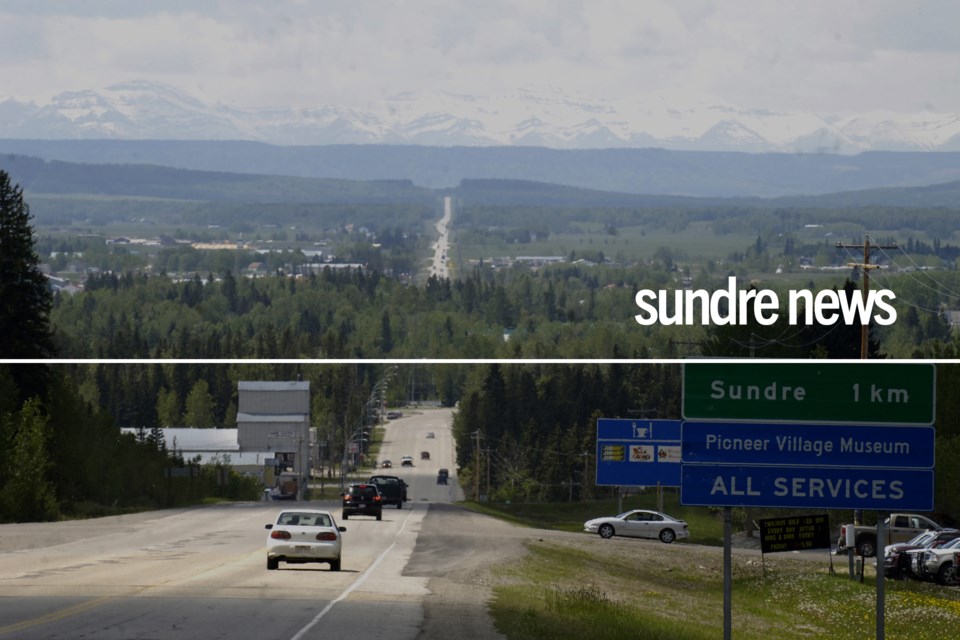SUNDRE - A Sundre physician laughed when asked for her perspective on the Alberta government’s new Babylon Health app.
“Babylon is like a virtual walk-in clinic,” Dr. Michelle Warren said recently.
The app is available for download on digital devices. Warren's view is that it was developed with a lack of insight as Alberta Health pursues changes to health care in the midst of a pandemic.
Currently being paid for through the provincial physicians’ budget, the app provides doctors who work for Babylon with an hourly rate that includes full benefits, she said.
“They can see as many, or as few, patients as they need to,” she said.
However, "unlike physicians that are on the front lines, they do not have a relationship with the patients. There is no way within the Babylon app for the same physician to have ongoing care and follow up.”
To date, she hasn’t heard anything particularly positive about the new app.
“The feedback that I’ve heard from people who have actually used the app, who are medically trained, is that it gives out bad advice,” she said.
The physicians working for Babylon do not know patients’ past medical histories and are completely unaware of their social and family dynamics at home, she said, adding their decisions are subsequently based on the limitations of virtual meetings.
Suggestions might include going to emergency, which Warren said physicians don’t want people to do during the pandemic unless there’s a serious issue. Other recommendations offered through Babylon have been to start a referral process that would not be necessary if the doctors had access to the patient’s charts and past histories, she said.
In some instances, “they even refer you back to your family doctor,” she added.
“So why don’t you just contact your family doctor first?”
Both of the clinics in Sundre — Greenwood Family Physicians and Moose and Squirrel Medical Clinic — offer virtual appointments and can work with patients to make alternative arrangements including a phone conference, she said.
“The difference there is you’re talking to your doctor, who knows you, who has your chart in front of them and can follow up and make sure that things don’t get lost.”
Meanwhile, the Babylon system has no mechanism in place for doctors to follow up with a patient who called in, she said.
“There’s no way to speak with the same physician twice if you call back in. It is the polar opposite of what we try to model in Alberta as having the patient’s medical home — where you’ve got a health-care team working for you,” she said.
“So at this time, I think if (Babylon) were giving good advice, it would be one thing.”
But as she is far from convinced that’s the case, Warren advises patients with any health concerns to reach out to their family physician first, or to contact a local clinic.
“They have some method of meeting with you virtually.”
In any instances that a physician cannot accommodate a virtual meeting and a patient turns to the new app as a last resort, Warren urges them to “take the advice you’re given from Babylon with a grain of salt. But definitely don’t assume that your physician or family doctor is going to know anything about it when you see them. Because they’re not.”
As a family physician, Warren said that when she orders a test for someone — regardless of whether that person is one of her patients — she must follow up with regards to the results as a professional expectation.
“Anything that we do, if I pick up an abnormality, we’re going to call you and follow up on it,” she said.
With charts and medical histories available, Warren said she can also see if a patient met with another doctor and what those results are.
“You can almost get adopted into the (local) clinics, even if you don’t have an established family physician.”




